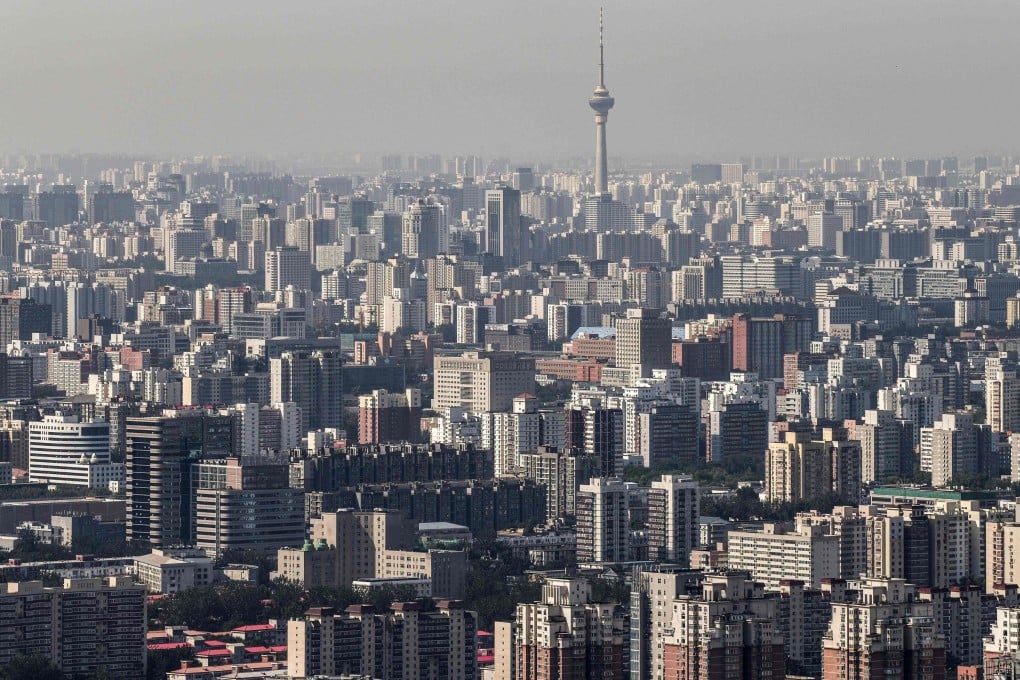Opinion | Why the Chinese government’s warning on property speculation has so few listeners
- Despite years of government restrictions, China’s property prices have surged in value over the past decade and continue to rise in 2021
- President Xi Jinping says ‘homes are for people to live in, not for speculation’, but authorities must address institutional structures creating distortions

In Shenzhen, for instance, the average residential property price has surged to nearly 90,000 yuan (US$13, 815) per square metre from less than 20,000 yuan a decade ago.
It’s ironic given 2011 was also the year Beijing became “serious” about cooling property prices. It introduced restrictions on purchases, curbed bank credit and conducted “property tax” trials in Shanghai and Chongqing.
Today, however, it is the people that defied Beijing and borrowed as much as possible to speculate on property who are the real winners.

08:07
Cheap housing but few economic opportunities for young Chinese in city along Russian border
Despite draconian curbs on the demand side, property prices in cities like Shanghai, Shenzhen and Hangzhou have risen quickly in early 2021 and local authorities are scrambling to impose new restrictions on purchases to please the central government.
